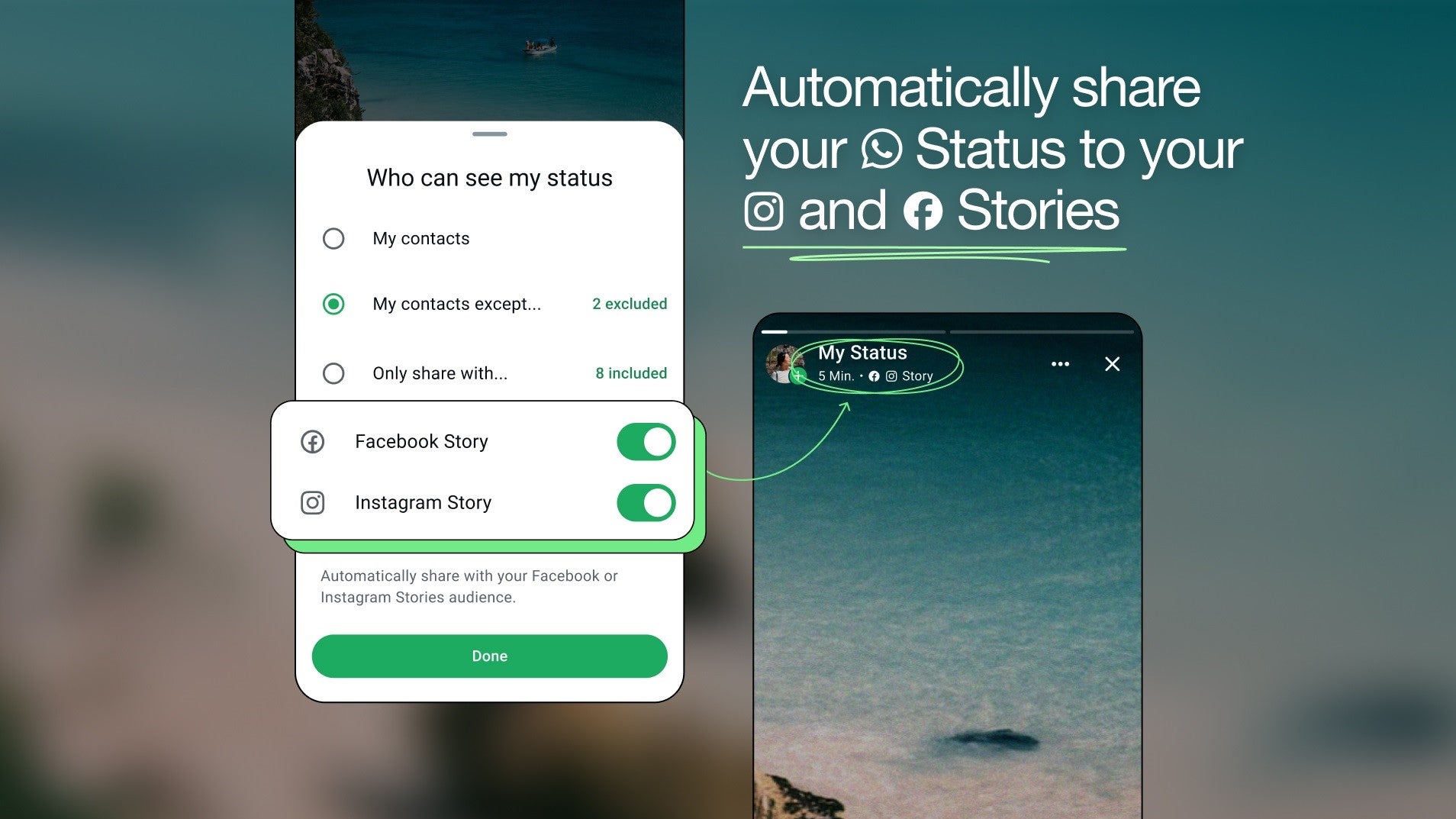Microsoft follows Google with price bump, forced AI 365 bundles
Two days ago, Google announced that it was doing away with a separate upcharge for its Gemini AI features in Workspace and forcing you to pay for it instead whether you want AI or not. Today, Microsoft is following suit, raising prices for its Microsoft 365 packages by $3 per month and bundling in some Copilot AI tools to justify the bump. In the announcement post, Microsoft says that the price of Microsoft 365 will be rising from $7 to $10 per month for Personal subscribers and $10 to $13 per month for the Family bundle. Per-year prices will be rising from $70 to $100 (Personal) and $100 to $130 (Family). What do you get for that 42 percent jump in price at the lowest tier? Access to Copilot-powered text generation, formatting, and queries in Word, Excel, PowerPoint, Outlook, and OneNote, plus AI-generated images and editing in OneNote. You won’t have unlimited use of these tools, by the way. You get 60 “AI credits” per month, and they can’t be banked or rolled over. Copilot Pro, which costs an additional $20 per month on top of existing 365 plans, is currently the only way to get “extensive usage.” (Presumably that means unlimited credits since it isn’t enumerated.) Existing users won’t see the price increase until the next billing cycle, but new users get it right away. If you’re an existing subscriber and don’t want the new features, you can switch to “Classic” versions of these plans ($7 per month for 365 Personal and $10 per month for 365 Family) by jumping through several hoops. The option to manually switch to a Classic plan will only be available “for a limited time.” It’s hard to interpret this don’t-call-it-a-price-increase upsell as anything other than a forced integration of AI, just like Google’s recent move. The market has shown that people aren’t buying new PCs to get AI, and it would seem that they aren’t interested in expensive add-on packages like Copilot. So both companies are resorting to inserting their AI infrastructures into existing products and charging more. I can’t see it as a popular solution for anyone except shareholders… and maybe not even them, if these companies can’t show that removing consumers’ choices results in increased profits.

Two days ago, Google announced that it was doing away with a separate upcharge for its Gemini AI features in Workspace and forcing you to pay for it instead whether you want AI or not. Today, Microsoft is following suit, raising prices for its Microsoft 365 packages by $3 per month and bundling in some Copilot AI tools to justify the bump.
In the announcement post, Microsoft says that the price of Microsoft 365 will be rising from $7 to $10 per month for Personal subscribers and $10 to $13 per month for the Family bundle. Per-year prices will be rising from $70 to $100 (Personal) and $100 to $130 (Family).
What do you get for that 42 percent jump in price at the lowest tier? Access to Copilot-powered text generation, formatting, and queries in Word, Excel, PowerPoint, Outlook, and OneNote, plus AI-generated images and editing in OneNote.
You won’t have unlimited use of these tools, by the way. You get 60 “AI credits” per month, and they can’t be banked or rolled over. Copilot Pro, which costs an additional $20 per month on top of existing 365 plans, is currently the only way to get “extensive usage.” (Presumably that means unlimited credits since it isn’t enumerated.)
Existing users won’t see the price increase until the next billing cycle, but new users get it right away. If you’re an existing subscriber and don’t want the new features, you can switch to “Classic” versions of these plans ($7 per month for 365 Personal and $10 per month for 365 Family) by jumping through several hoops. The option to manually switch to a Classic plan will only be available “for a limited time.”
It’s hard to interpret this don’t-call-it-a-price-increase upsell as anything other than a forced integration of AI, just like Google’s recent move. The market has shown that people aren’t buying new PCs to get AI, and it would seem that they aren’t interested in expensive add-on packages like Copilot. So both companies are resorting to inserting their AI infrastructures into existing products and charging more.
I can’t see it as a popular solution for anyone except shareholders… and maybe not even them, if these companies can’t show that removing consumers’ choices results in increased profits.
What's Your Reaction?




















































